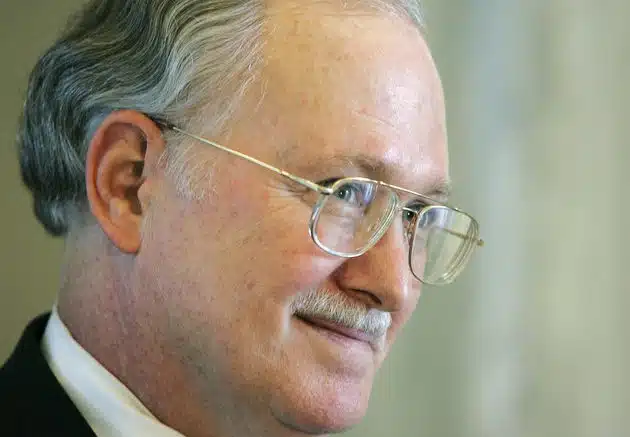The recent Alabama Supreme Court ruling bestowing legal personhood upon frozen embryos has ignited a complex legal and political landscape, particularly for conservatives as the November election approaches. The decision not only poses challenges for GOP efforts to appeal to demographics such as suburban women, who may be wary of abortion restrictions, but also complicates the party’s position among those who oppose abortion but support in-vitro fertilization (IVF) and other fertility treatments.
The ruling, which criminalizes the destruction of embryos under Alabama’s “Wrongful Death of a Minor” law, has drawn attention to the intersection of abortion politics and the increasingly immediate and high-stakes battles over personal reproductive choices. With one in six Americans facing infertility and millions turning to IVF annually, there is growing concern among GOP strategists that restrictions on fertility treatments could backfire politically, potentially costing Republicans votes in the upcoming election.
The Alabama case underscores a broader debate within the Republican Party about abortion and fetal personhood, with hardline conservatives advocating not only for abortion restrictions but also for limitations on certain forms of contraception and fertility care. Despite efforts by some Republican candidates to portray a middle ground on abortion, the focus on the Alabama ruling highlights the goals of more conservative factions within the party.
Presidential candidate Nikki Haley, for instance, has embraced the Alabama decision, aligning herself with those who view embryos as equivalent to babies. This stance reflects a shift within conservative circles, where the idea that discarding excess embryos is akin to abortion, previously on the fringes, is gaining traction.
However, the ruling has sparked concerns among legal experts and religious groups, who argue that it may infringe upon religious freedom laws and blur the line between church and state. Challenges to strict abortion bans, particularly those that impact fertility treatments, have emerged in states like Kentucky, where Jewish women have invoked religious doctrine to challenge laws defining life at conception.
The Alabama decision’s potential repercussions extend beyond the state, influencing legal battles and political debates nationwide. It has already been referenced in legal briefs and may impact the outcome of pending lawsuits. Yet, while there is potential for legal challenges based on religious liberty protections and the Establishment Clause, experts caution that the Alabama court’s stance on embryonic personhood may hinder such efforts.
Overall, the Alabama Supreme Court ruling on frozen embryos has not only ignited legal debates but also reshaped the political landscape, posing challenges for conservatives navigating the complex intersection of abortion politics, fertility treatments, and religious freedoms.

